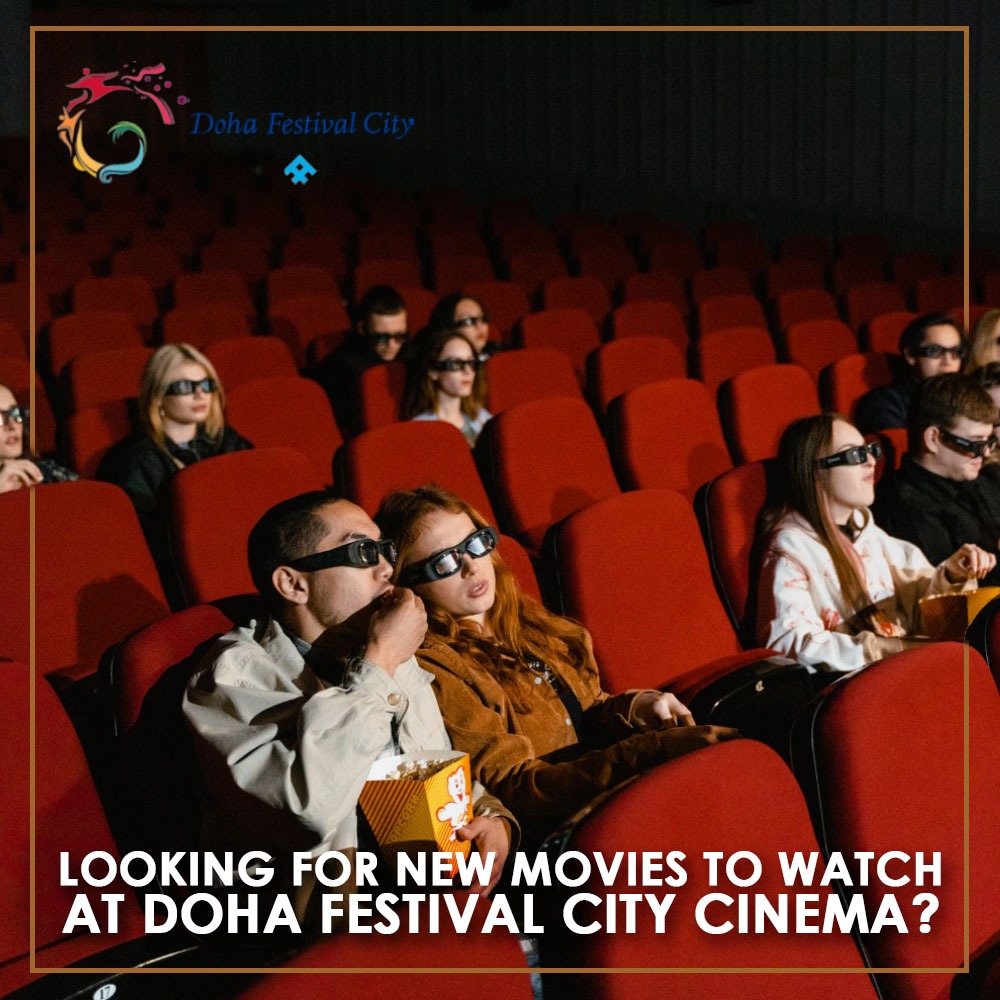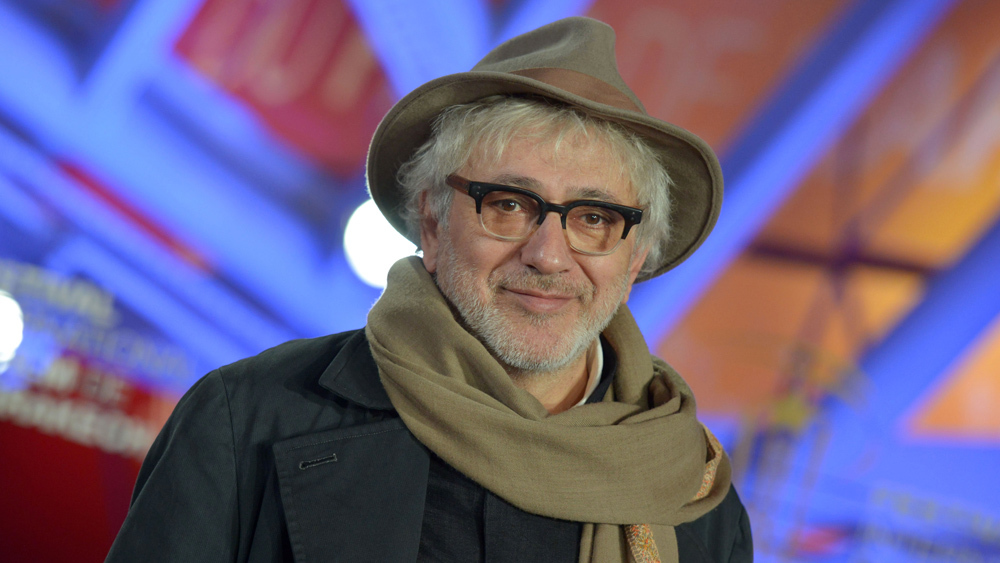Candour, character and charisma – three words sum up the two-hour-long witty, intense and effortlessly unpretentious Masterclass by Qumra Master Tilda Swinton in Doha, Qatar. Addressing a packed audience of new talents in cinema as well as film-lovers, Swinton was effervescently authentic and thoroughly charming, as she walked them down through three decades of her magnificent career.
The Masterclass by Swinton at the fourth Qumra, the annual industry event by the Doha Film Institute that aims to nurture the talents of first and second-generation filmmakers, could not have been more befitting. For an event that mentors and build the skills of young filmmakers to tell their stories with conviction, Swinton’s experiences in cinema offered a perfect inspirational plank.
“Everything [about me] changed when I met Derek Jarman,” said Swinton, about her legendary partnership with the radical director with whom she would collaborate for nine years until his death. “He was an extraordinary example of self-determination in a film artist. I worked in his kindergarten atmosphere – where Sandy Powell [another Qumra Master this year] and I were the students.”
While Powell came from art school, Swinton said she “had never intended to be on screen. I don’t think myself as an actor. I never did. I came from the world of art and writing. I wanted to be a writer not a performer.”
But what held Swinton to Jarman’s ‘school’ was that “we were all political people. We were identified as being counter-culture; ours was resistance to what [Margaret] Thatcher was doing. We were affronted by the claims of her and her minions, and were feeling sidelined. We wanted to say, ‘we are here too’. We worked [on cinema] with the outrage of a political group. We wanted our voice of bewilderment to be heard.”
The support extended by the British Film Institute, much like what Doha Film Institute does today to independent, cultural filmmakers, gave them the kick-start and confidence.
Swinton, who is co-writing her next film in which she ‘may or may not act’, said performing is “one way of my writing. Being an author, I write alone; when I make films, it is a conversation with many others.” The real magic, for her, then is to “perform with really communicative filmmakers who are interested in such a dynamic [of working with] the performer.” Swinton said she is not trained in acting and is much more interested in filmmaking. “I need to know who your collaborators are,” and that is why she insists on meeting the filmmaker before she commits to a project.
The Masterclass was moderated by Cameron Bailey, Artistic Director of the Toronto International Film Festival, who took her and the audience through some of her seminal works, including Orlando, Only Lovers Left Alive, The Chronicles of Narnia, We Need to Talk About Kevin, Michael Clayton (for which Swinton won the Academy Award for Best Supporting Actress) and Okja, which was a part of the Modern Masters screening at Qumra.
Swinton said the physicality of her characters is very important to her. “It is no secret that I am perfectly alright to have no lines at all. I would prefer to work silent; words are another whole story. But I like to know how the choices of the characters, what their body is like, how they walk around, what kind of face they present…”
In that was also one of the learnings from Swinton for young filmmakers and actors, who are flummoxed about performing. “I visualise my role as a portrait than a character and generally, I draw from my imagination than anything. I try to imagine what the person would have been like, and keep that part of the DNA [the imagined backstory] at the bottom of the portrait.” Her advice is to build back stories for the characters.
Swinton was at her candid best answering questions from the audience, and when asked about how she balances her multiple roles, as mother, actor and producer, she said that despite all the madness that goes around, “spiritually, it just makes things easier; you get more love.”
She said one of the enlightening moments in her life on cinema came when her son, then a 9-year-old, asked: “What were people’s dreams like before the cinema was invented?” It is a question that keeps her going, enabling her to define her own imprint without pretention and being fully true to herself.
Earlier, in her audience interaction after the screening of Okja, Swinton revealed that she has never eaten meat after Okja and that director Bong Joon-ho had become vegan for many months but the film is not about that. “It is about human and animal liberation. It is about wise, childish, innocent love, and how Mija’s (the protagonist) trust is tested and chipped away by everyone. Maybe that is the kernel of the film.”
The fourth edition of Qumra brings together more than 150 acclaimed filmmakers, industry professionals and experts to nurture 34 films – the Qumra Projects – by first and second-time filmmakers from 25 countries that are in various stages of development. The six-day event is held through March 14, at Souq Waqif and the Museum of Islamic Art, and features Qumra Masterclasses, Qumra Talks and screenings in the Modern Masters and New Voices in Cinema segments.
Visit www.dohafilminstitute.com for online and in-person ticketing details. Tickets are priced QAR 35.






Leave A Comment
You must be logged in to post a comment.